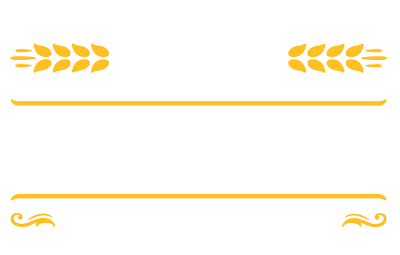Neighboring countries tend to have similar cultures and cuisines. It can’t be helped as most of them share a similar history. Before the concept of ‘state’ was established, people moved freely here and there while spreading their influence related to cuisine.
Although the action caused the cuisine to become well-known, oftentimes, it invokes controversy among the countries, especially when one of them claims to own something that the other had.
It happens a lot, worldwide, and the Middle East is not an exception.
Baklava is an example of the controversial cuisine caused by the similar cultures of the neighboring countries. You might even find it confusing of Baklava’s true origin.
Origins of The Word.
According to research, the word ‘Baklava’ entered the English language in 1650, a borrowing from Ottoman Turkish.
While nowadays, the Middle Eastern countries are still in dispute as each of them claimed that they are the source of the word ‘Baklava’. Turkish claimed the original word was baklağı or baklağu.
On the other side, “baklava” may come from the Mongolian’s baγla which means to tie, wrap up, or pile up. The ‘-va’ suggests its Persian origin, but the word baqla is not Persian; it is an Arabic name.
Currently, the word ‘Baklava’ is used in many languages with some varieties of spelling; it depends on where the word is used.
The Sweet Dessert
Many people fell in love with the taste of baklava. Its sweet and rich taste caused this dessert to become one of the most popular desserts in the Middle East and even worldwide.
They serve baklava in their own way and it can be different between one and another. Some of them serve baklava in triangle-shaped pieces while in the other country, they serve baklava in a diamond shape.
The Sweet Escape uses its best ingredients to create baklava. We ensure the high quality of our baklava and make it worth fighting for!
